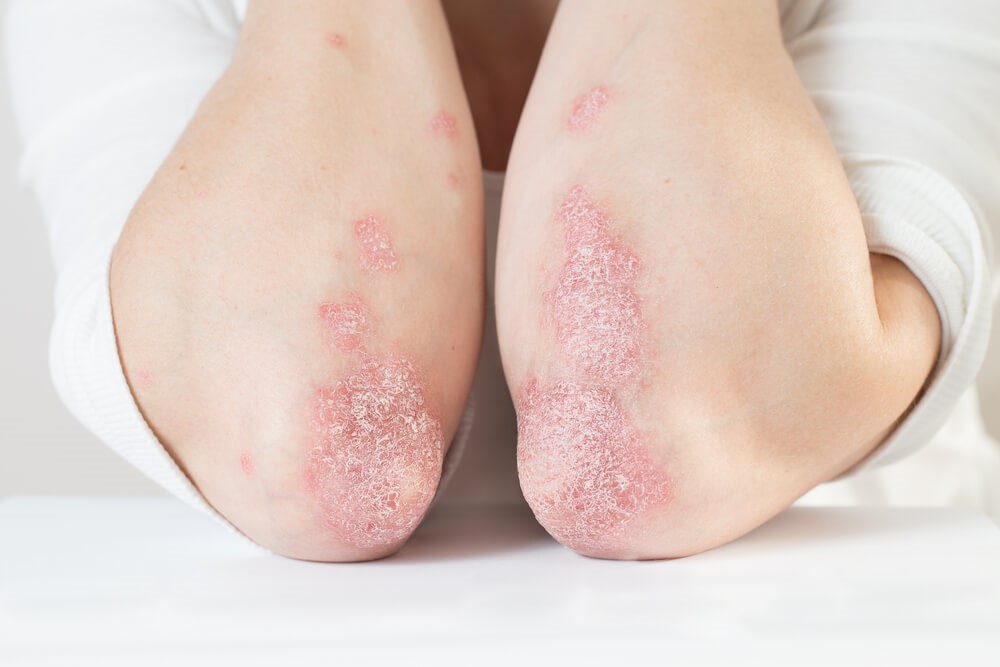Calls for Ukraine
Calls for Europe
Calls for USA

Researchers from Taiwan’s National Armed Forces Medical Center have identified an increased risk of psoriasis in cancer patients treated with immune checkpoint inhibitors (ICI), which may reflect other immune-related adverse events.
In the last decade, ICIs have become an increasingly important part of cancer immunotherapy. These drugs enhance the immune system’s ability to fight cancer cells, but they also cause side effects.
Such phenomena can result from loss of T-cell tolerance, which allows the immune system to attack healthy tissues in organs such as the skin, gastrointestinal tract, liver, lungs, and endocrine system.
In a study titled “Risk of Psoriasis with Immune Checkpoint Inhibitors,” published in JAMA Dermatology, researchers analyzed data from the Taiwan National Health Insurance and Taiwan Cancer Registry databases, focusing on patients who received anticancer drugs to treat stage III and IV cancer. The research team examined the association between ICI and psoriasis, a skin disease characterized by the appearance of red, scaly patches and which places significant physical and emotional strain on patients.
Of 135,230 patients (mean age 62.94 years, 45.1% female), 3,188 were categorized as patients taking ICIs, while 132,042 were receiving chemotherapy or targeted therapy and were categorized as patients not taking ICIs. The primary outcome of the study was the incidence of psoriasis during the follow-up period.
Administration of ICIs was associated with a higher incidence of psoriasis compared to a group of patients receiving other treatments. Using a statistical method to account for other factors, the researchers found that patients receiving ICIs were more than three times more likely to develop psoriasis when other risks were taken into account. These increased risks remained unchanged when different study methods and additional analyses were used.
The researchers found that ICIs, especially those that target the programmed cell death protein 1 and its ligand PD-L1, essentially block the function of proteins that normally act as brakes on the immune system. The enhanced immune response causes T cells to mistakenly target healthy tissues such as skin, increasing the likelihood of developing diseases such as psoriasis. This mechanism reflects how ICIs can induce other immune-related phenomena by enhancing the pro-inflammatory response of helper T cells.
Loss of T-cell tolerance has been reported to contribute to psoriasis. This may underlie other immune-related adverse events in various organ systems (ranging from mild to life-threatening) that are associated with ICIs.
This discovery adds an important layer to the understanding of how ICT inhibitors may contribute to psoriasis and other side effects. Given previous studies linking increased levels of programmed cell death to psoriasis severity, the findings highlight the need to educate healthcare providers about potential side effects. A balance between the benefits of ISIs and their risks is necessary to ensure optimal treatment of patients with cancer.
Please rate the work of MedTour
